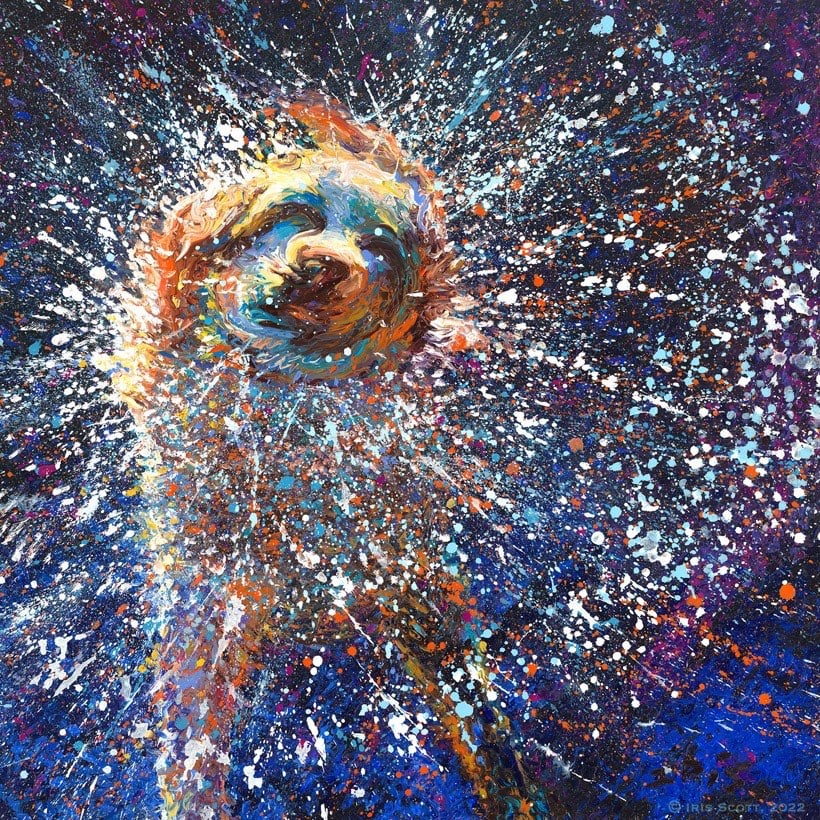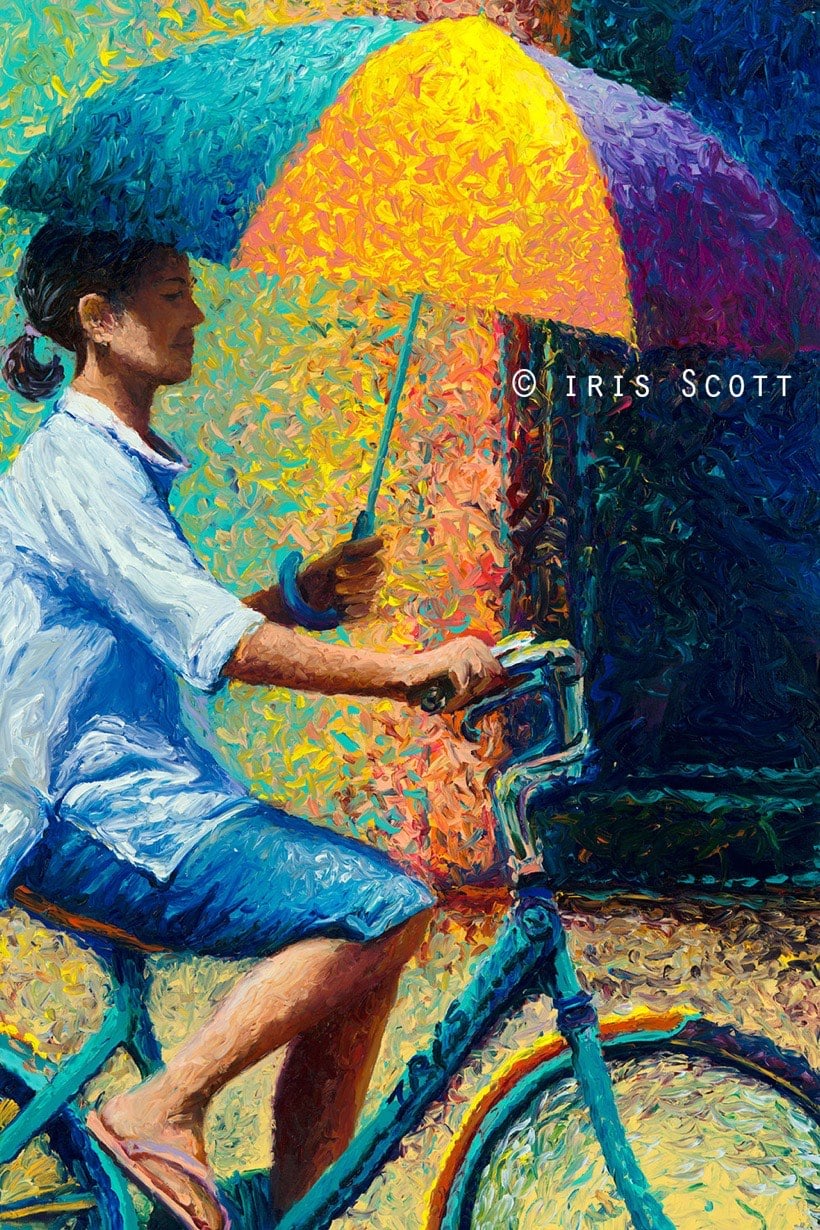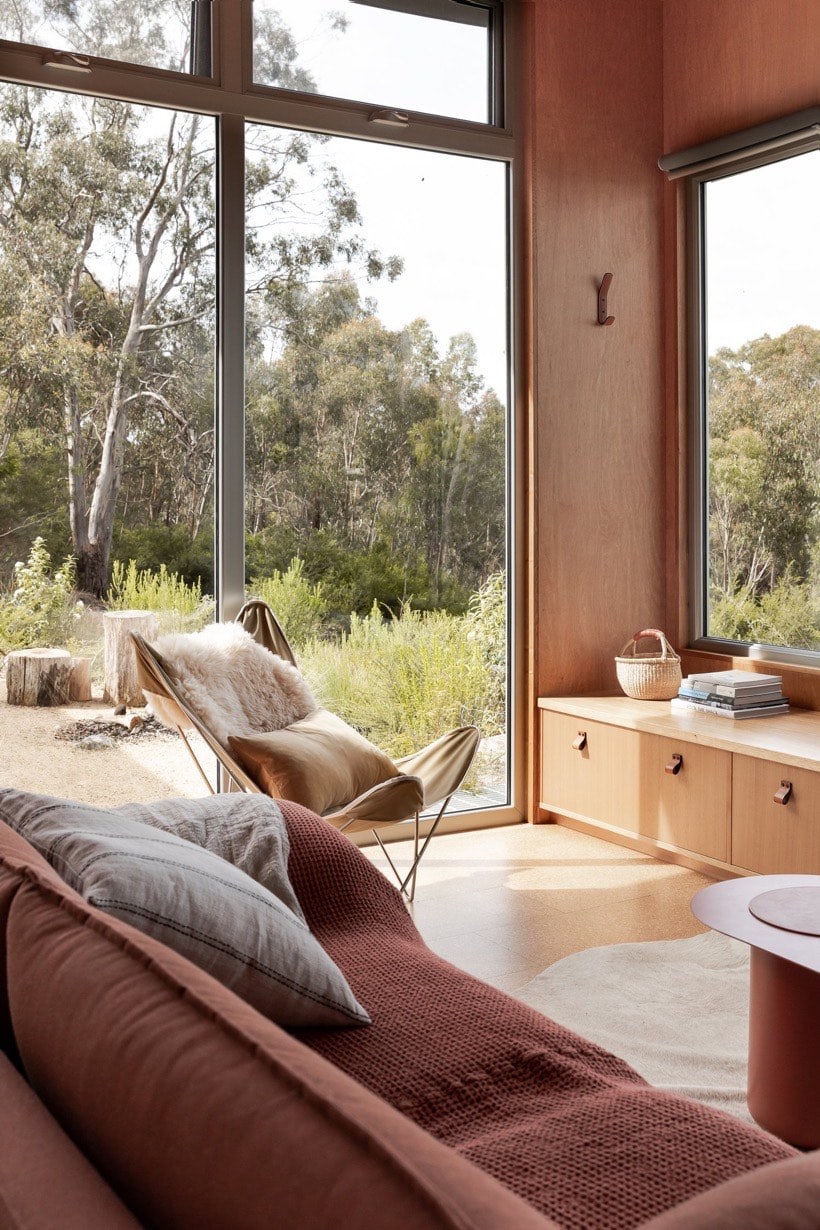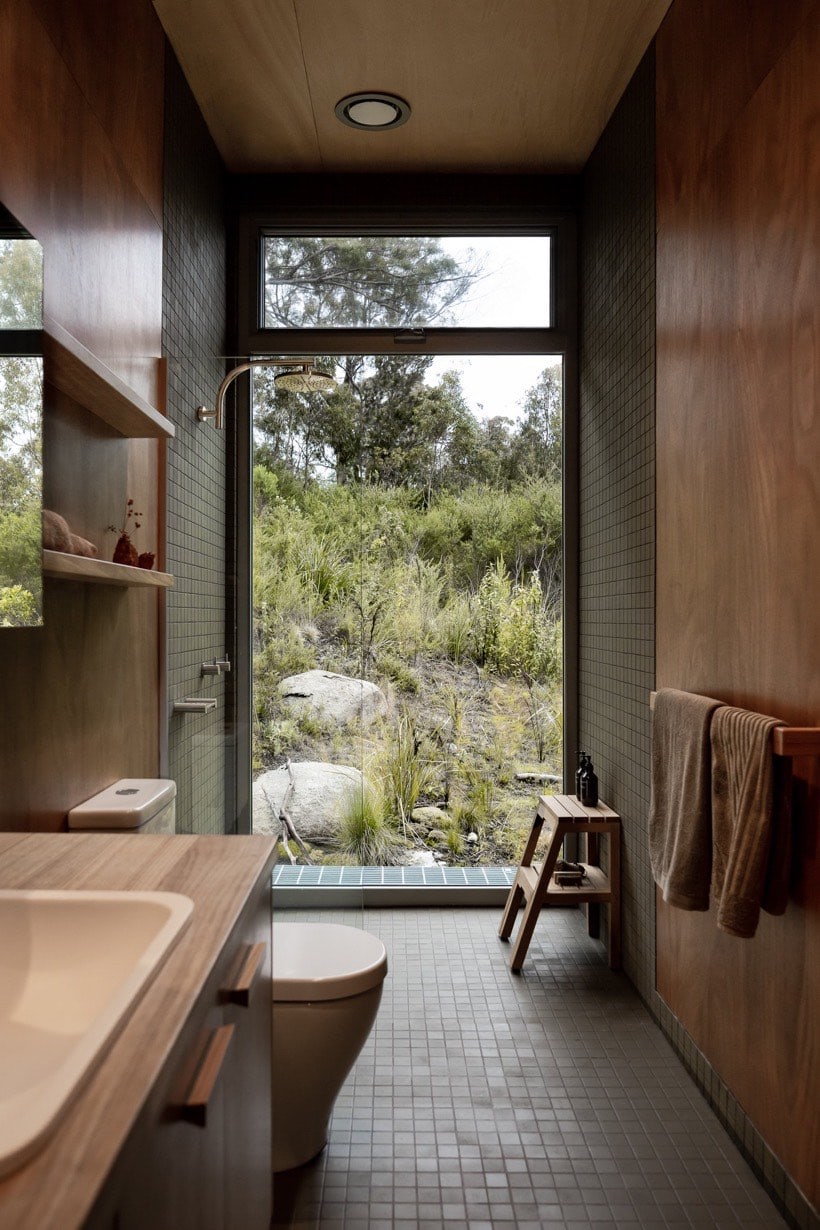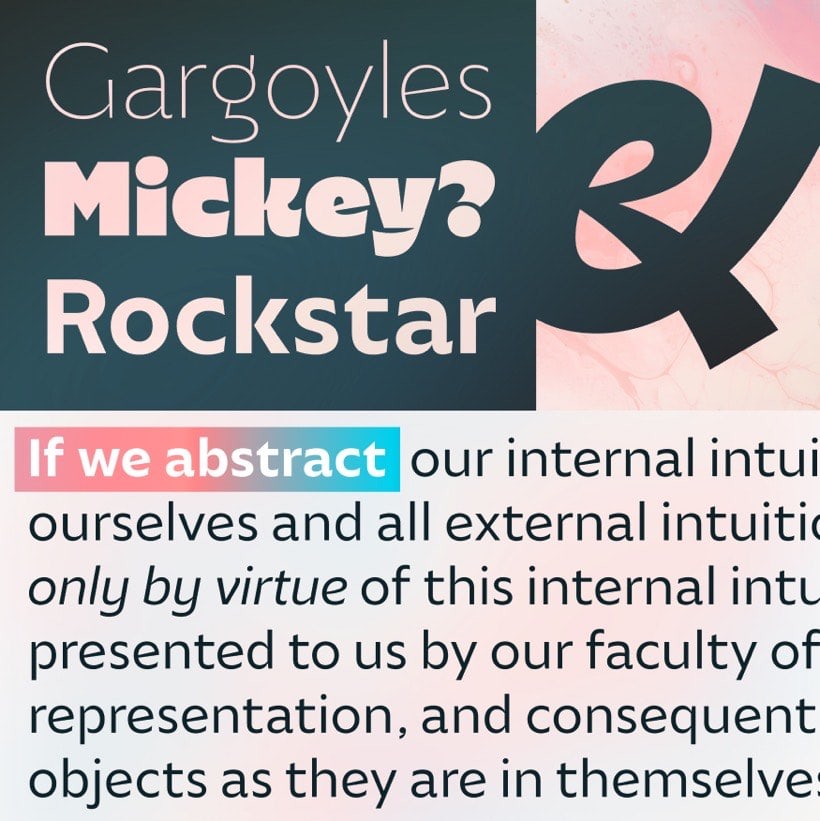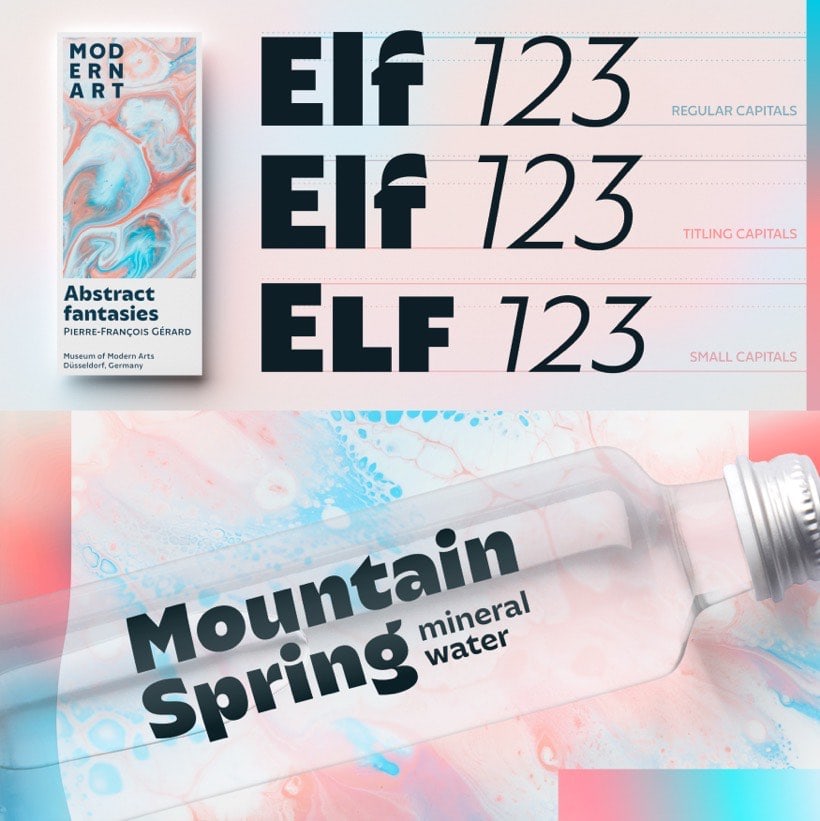 |
| |
|
|
|
In his latest post, environmentalist and writer Spencer R. Scott paints a picture of an ecological civilisation that has managed to leave behind its industrial mindset to put human and ecological flourishing at its centre.
It’s an inspiring, if utopian-sounding, description of a world that operates with ecological virtues at its core – “with behaviors, values, goals, and institutions organized around the applied knowledge of life on Earth”.
What stuck with me most, however, was a quote by biologist Janine Benyus. More specifically, her theory on the so-called Biomimicry Life’s Principles: overarching patterns found amongst species surviving and thriving on Earth. They are elegantly summarised by Benyus like so:
“Life runs on sunlight. Life rewards cooperation. Life builds from the bottom up. Life banks on diversity. Life recycles everything. Life builds resilience through diversity, decentralization, and redundancy. Life optimizes rather than maximizes. Life selects for the good of the whole system. In short, life creates the conditions conducive to life.”
These principles are based on the recognition that all life on Earth is interconnected and interdependent, and subject to the same set of operating conditions, creating sustainable, resilient and harmonious relationships within the natural world.
One species, however, has a long, complicated history of elevating itself above all others. The Industrial Revolution marked the beginning of a process in which we started to doggedly defy the above principles, creating conditions not just unconducive but detrimental to life at an ever-increasing scale.
According to Scott, we find ourselves at an incredibly decisive juncture along the continuum of humanity’s development. To return to a safe operating space for humanity, we need a radical paradigm shift towards an ecological civilisation. One that stops maximising a single metric (return on capital) in favour of optimising for all life on Earth. – Kai
|
| |
|
DD relies on word of mouth
If you’re enjoying DD, chances are your friends and colleagues will, too! Help me reach more readers by sharing the link to this issue with others:
densediscovery.com/issues/259
You receive this email because you subscribed to Dense Discovery, a weekly newsletter at the intersection of design, tech, sustainability, urbanism and more. Writing to you from Melbourne is Kai Brach. Do you have a product or service to promote in DD? Find out more about advertising in DD.
|
| |
Start Your Company of One SPONSOR
|
Confidently go into business for yourself
You’ve worked for others. Now give all your talent, energy, passion, and value to yourself. Increase the odds that working for yourself is going to be meaningful, in-demand, and profitable. Our beta program begins early this fall with limited seats at reduced pricing. Join us and prepare to jump ship!
|
|
| |
Apps & Sites
|
|
Kagi is a privacy-focused, ad-free search engine based on its own web indexing system. I love how they make a case for paid search by asking Google’s Bard AI about the disadvantages of ad-based search engines. Touché!
|
|
Travel pack list organiser
|
|
Add your trip details, select your activities and PackPoint will compile a pack list that takes variables like the weather into account. You can then customise your pack list and save it for future trips.
|
|
|
Dotcal is a more advanced Calendly alternative that makes finding available meeting times within and outside a team more effortless. You can set up availability rules and customise the look of your booking page.
|
|
|
Browse close to a hundred webcams from around the world that live-stream animals in their natural environments.
|
|
| |
Favourite Books: Nina Kirst
|
|
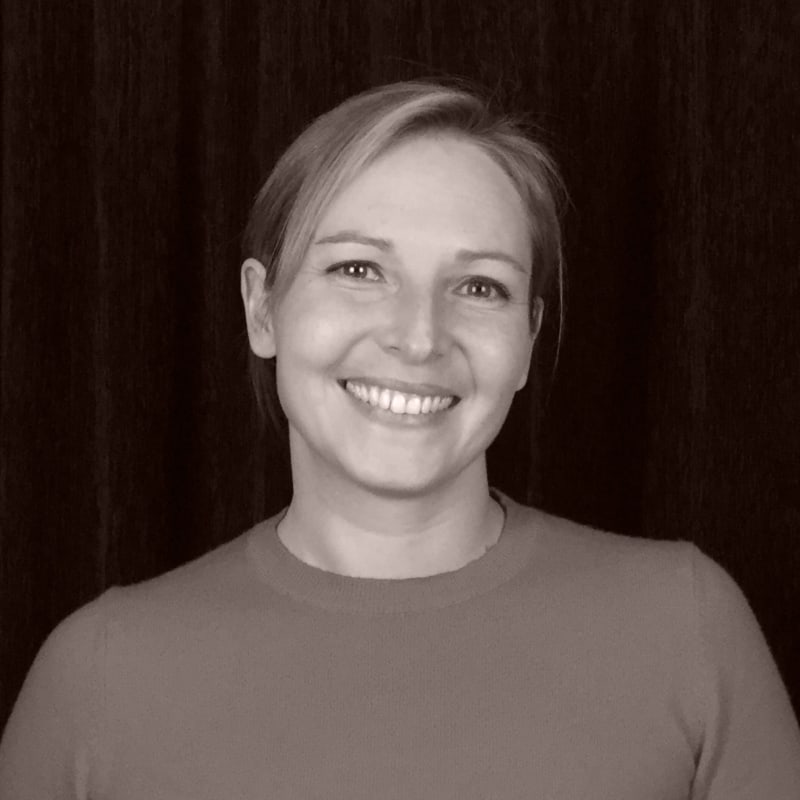
Five book recommendations by journalist, design-enthusiast, and deputy editor-in-chief at German design magazine PAGE Nina Kirst
|
|
by Ruth Ozeki
A young teenage boy grappling with the death of his father and is mentally ill mother finds friends in unsuspected places. Such a great mix of reality and surreality with a good amount of humor and intelligence. Heart-wrenching and heart-warming at the same time.
by Sara Nović
A great coming-of-age novel about teenagers at River Valley School for the Deaf. It gives insights into a whole other world and community I for my part didn’t know anything about. It made me think about learning sign language now.
by Lauren Groff
A historical fiction novel about an impoverished abbey in the England of the Middle Ages, the nun who saves it, love, and sisterhood. A feminist utopia within the Catholic church – what’s not to love about that?
by Celeste Ng
Ng is one of my favourite authors (see also the book/show Little Fires Everywhere). A world in which anti-Asian hate has won the upper hand and a lot of children have gone missing – this dystopian novel seems all too realistic and frightening, especially in the light of a looming second presidency of hate monger Trump. But there’s also hope.
by Tommy Orange
Intertwined stories of Native Americans all coming together at the Big Oakland Powwow, where one visitor has dark intentions. As a German, I wasn’t very familiar with the history, culture and current lives of Native Americans in the US. A very enlightening, compelling story with strong characters.
(Did you know? Friends of DD can respond to and engage with guest contributors like Nina Kirst in one click.)
|
|
| |
Books & Accessories
|
The politics of mental health
A bold new title by writer Micha Frazer-Carroll that criticises today’s conceptualisation of mental health, encouraging us to move beyond campaigns to ‘raise awareness’ and start tackling the problem at the root. “Mental health is a political issue, but we often discuss it as a personal one. How is the current mental health crisis connected to capitalism, racism and other social issues? In a different world, how might we transform the ways that we think about mental health, diagnosis and treatment?”
|
|
How the material world shapes children
I’ve written before about how we design cities that are largely hostile to children. Architecture and design critic Alexandra Lange captures these observations in a much better and more elaborate way in this eye-opening exploration of how children’s playthings and physical surroundings affect their development. “Seen through Lange’s eyes, everything from the sandbox to the street becomes vibrant with buried meaning. The Design of Childhood will change the way you view your children’s world – and your own.”
|
|
| |
Overheard on Twitter
|
|
Reached that age where everything I think happened 2-3 years ago really happened in 2003.
|
| |
Food for Thought
|
|
Biologist and writer Spencer R. Scott presents a framework for transitioning from an industrial to an ecological civilisation which operates with strong ecological principles at its core. “The industrial civilization ushered in a new high-productivity era that inevitably affected peoples’ values, lifestyles, beliefs, and the institutions that governed them. An ecological civilization will similarly necessitate a major paradigm shift. As Jeremy Lent asserts in ‘What Does An Ecological Civilization Look Like?’, we need ‘a transformation in the way we make sense of the world, and a concomitant revolution in our values, goals, and collective behavior.’”
|
|
|
Another insightful Noema piece, highlighting the many ways in which China is driving development and influence in many parts of the world, exporting essential infrastructure that elevates countries out of their ‘developing’ status. “For better or worse, it’s San Francisco or Shenzhen. For many countries in the Global South, the model of development exemplified by Shenzhen seems more plausible and attainable. Nobody thinks they can replicate Silicon Valley, but many seem to think they can replicate Chinese infrastructure-driven middle-class consumerism. ... If every apartment decorated with IKEA furniture looks the same, prepare for every city in booming Asia to start looking like Shenzhen. If you like clean streets, bullet trains, public safety and fast Wi-Fi, this may not be a bad thing.”
|
|
|
I learned quite a bit about airline milage programs from this short piece. The fact that many airlines now make more money from their loyalty schemes than from actually flying planes, explains the drop in quality/service, too. “A 2020 analysis by the Financial Times found that Wall Street lenders valued the major airlines’ mileage programs more highly than the airlines themselves. United’s MileagePlus program, for example, was valued at $22 billion, while the company’s market cap at the time was only $10.6 billion.” (Possible paywall – free archived view)
|
|
| |
Aesthetically Pleasing
|
|
Iris Scott creates stunning, large paintings using only her fingers – no brushes. Get an idea of her unique process on Instagram.
|
|
|
Cute! Under @adailycloud, British artist Chris Judge draws and shares clouds with happy faces.
|
|
|
Swansong is a beautiful small-footprint home (just 60 square metres) that sits lightly in its stunning Tasmanian bush environment. The off-grid building spans two separate ‘pavilions’ and moving between the two requires “journeying outside – an intentional choice to recreate the feeling of camping and encourage engagement with the environment”.
|
|
|
Glycerin is a geo-humanist sans-serif typeface with great legibility and powerful personality.
|
|
| |
Notable Numbers
|
|
CEO pay dipped in 2022 but remains enormous compared with the pay of other workers. Cumulatively, from 1978–2022, top CEO compensation shot up 1,209.2% compared with a 15.3% increase in a typical worker’s compensation.
|
|
|
NASA astronaut Frank Rubio is back on Earth after a record-breaking 371 continuous days in space.
|
|
|
At the end of last month, Netflix sent its final red envelope containing a DVD rental. DVD revenue still totalled $60 million for the first six months of 2023. In comparison, Netflix’s streaming revenue in the United States for the same period reached $6.5 billion.
|
|
| |
Classifieds
|
|
Email template development can be tedious. There are so many limitations because of outdated email clients. We know all the tricks to make your newsletter look great. Get in touch!
Frontier Magazine: weekly essays & a podcast about how creativity accelerates positive change. Art, architecture, tech, and education brought together in ways no AI can.
When was the last time you lost yourself in play? Unfold is an online program which uses improv, art therapy and movement, to bring more lightness, joy and play into your day.
Inspiration twice a month on what helps teams to work smarter and be at their most resourceful, imaginative and brilliant best. Subscribe to Flow Newsletter.
|
|
Classifieds are paid ads that support DD and are seen by our 35,000 subscribers each week.
Book yours →
|
|
| |
The Week in a GIF
|
|
Reply with your favourite GIF and it might get featured here in a future issue.
|
|
| |
|
DD is supported by Friends and the modern family office of
 . .
|
| |







